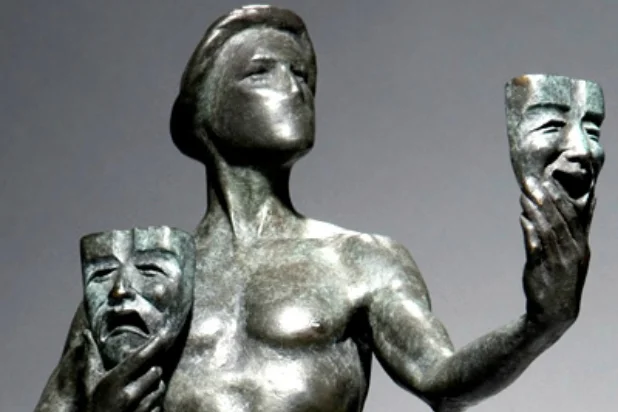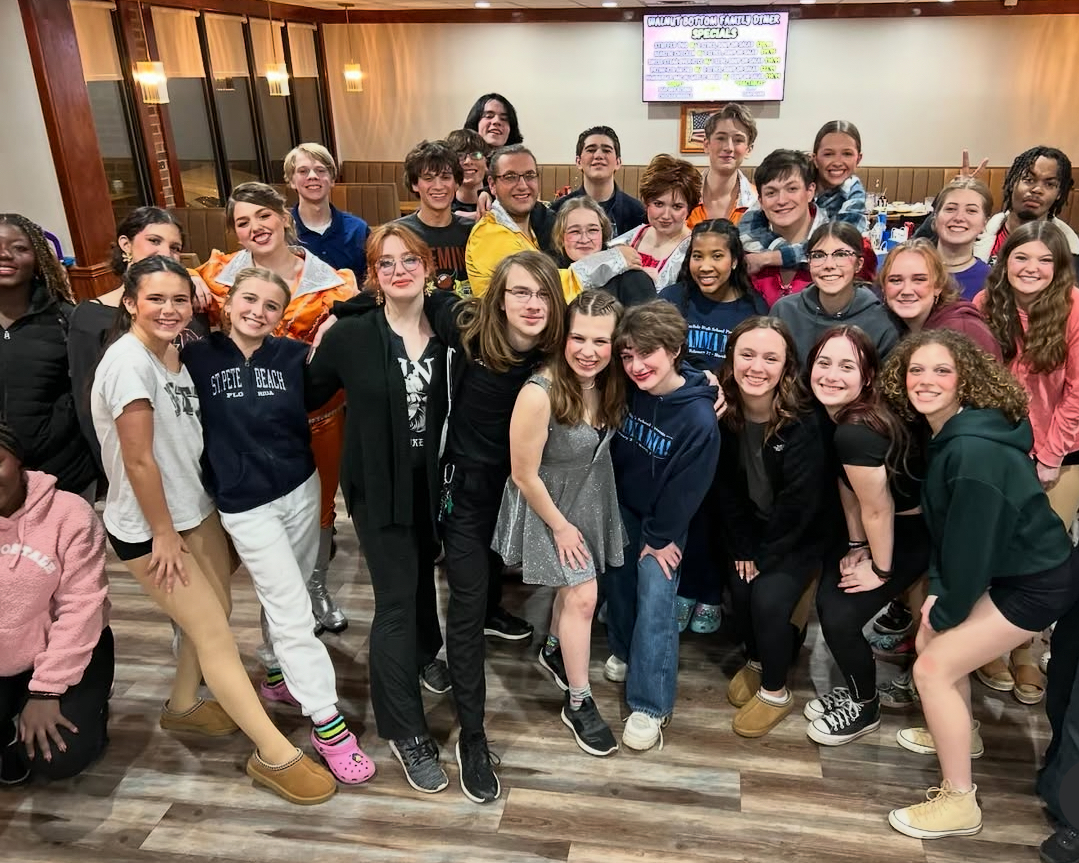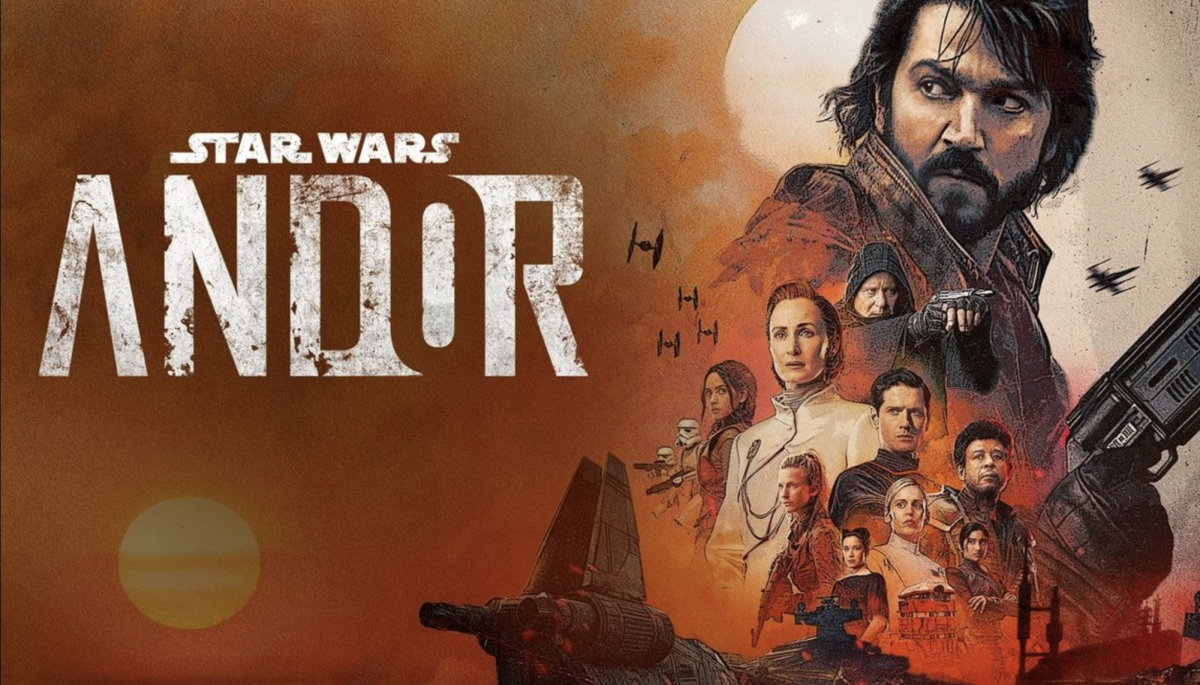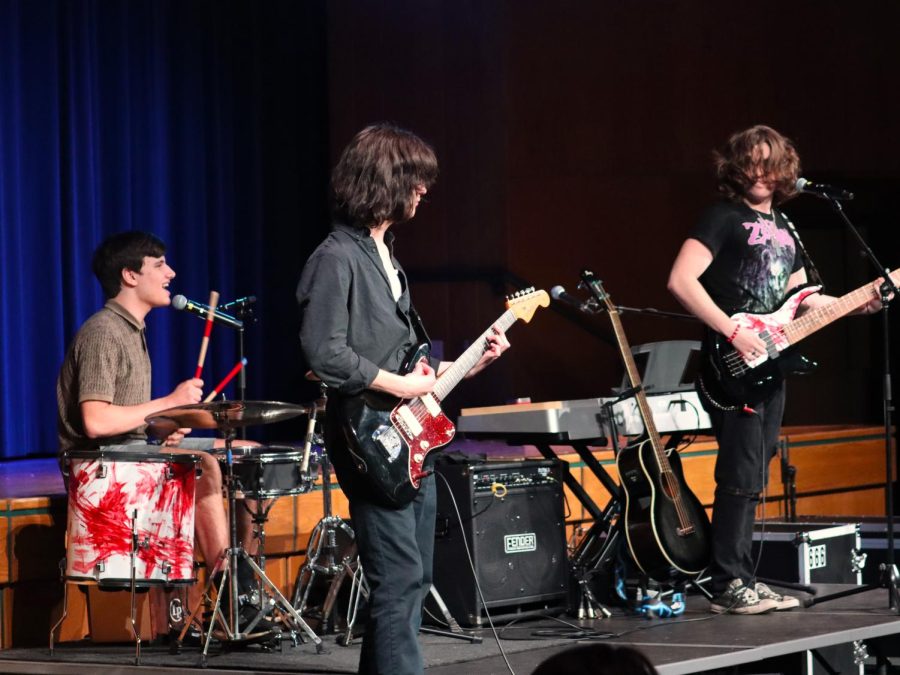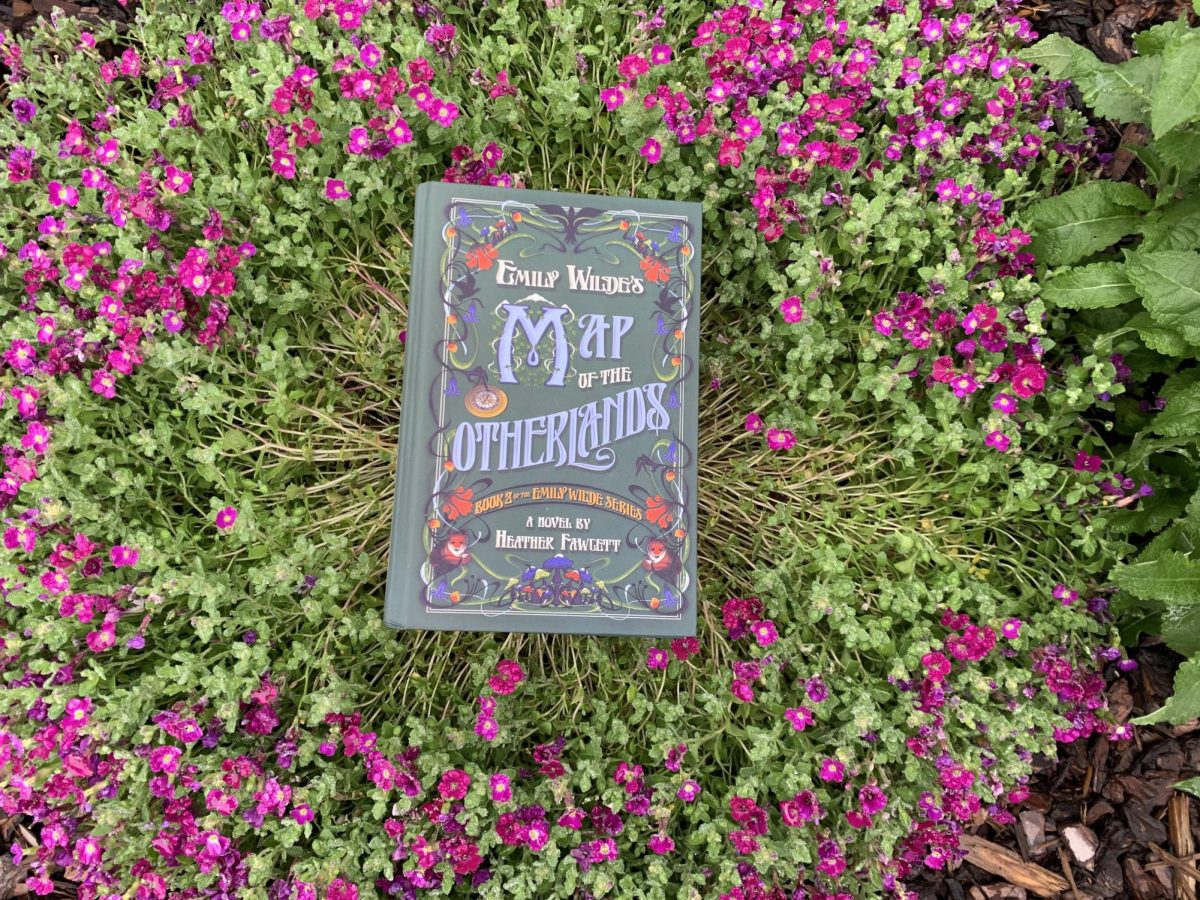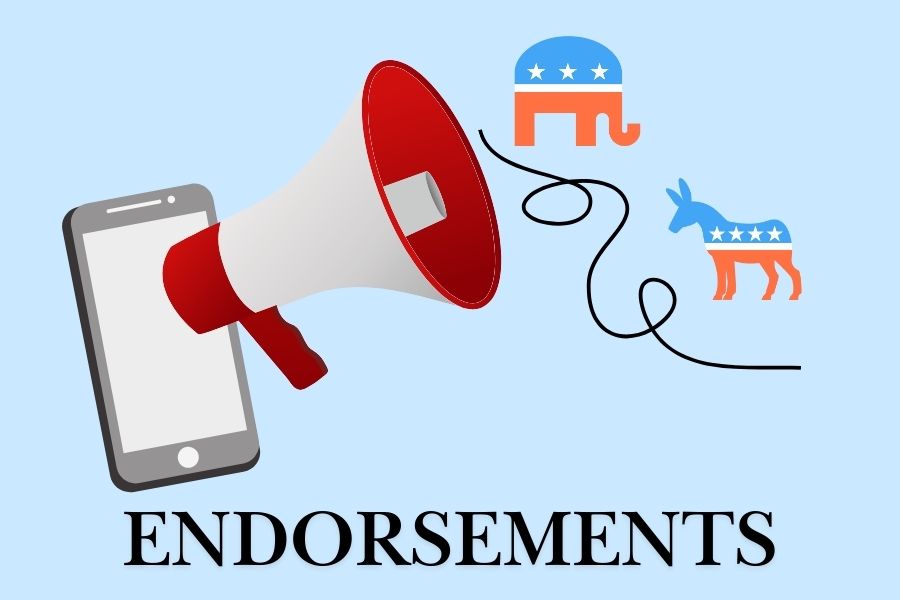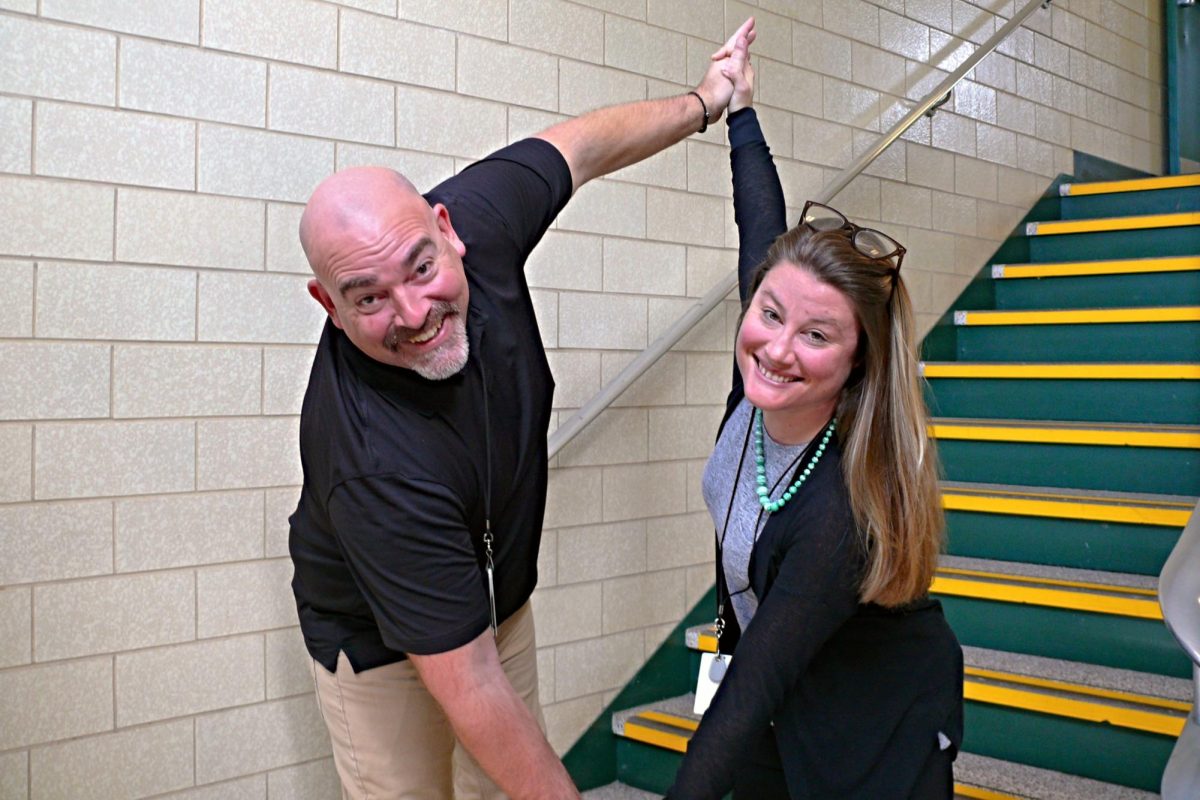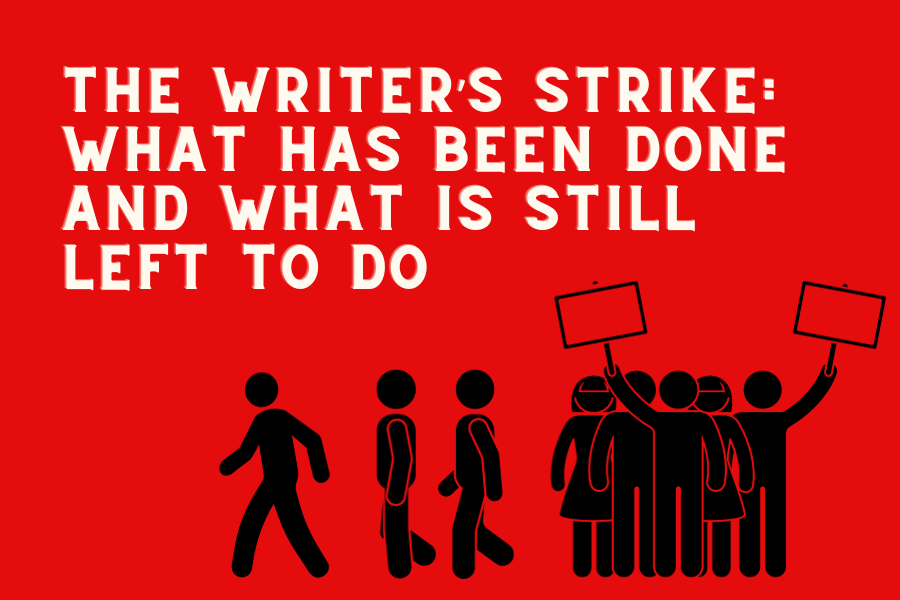May 2, 2023, marked the start of one of the biggest and most influential strikes in history. Members and supporters of the Writers Guild of America (WGA) walked out in protest of a multitude of issues in the entertainment industry, including unfair wages and AI protection. After weeks of picketing and negotiating, the WGA successfully created a three-year agreement (titled the Memorandum of Agreement (MOA)) with major filmmaking companies that focuses on raising pay for writers across different areas of the screenwriting process while ensuring job security.
The MOA sets the minimum wage based on commission for screenwriters 5% higher than previously set for the rest of 2023. Companies will have to pay more initially for rights to a creator’s work and for the work during the very early ideas of a show or movie, known as a pre-greenlight room. When a screenwriter creates the first draft of a screenplay, they will get paid more, and they will also get paid for the scripts of each episode they write. If a movie/show has an especially high budget to spend on the project the agreement also requires that they give more of that budget to the writers.
One of the big fuses that sparked a protest this large was the increased use of AI to create shows/movies. The agreement between WGA and the Alliance of Motion Picture and Television Producers protected writers from that as well. The MOA states that AI can’t write or rewrite literary material, and AI-generated material will not be considered source material under the MBA. Although AI can’t create scripts, writers may choose to use it as a resource, but a company cannot force their creators to use it. The company also must be completely transparent if any resources they have given the screenwriting staff are from AI. The WGA now has the right to call out a company for using a writer’s work to train AI as it is now prohibited to do so.
On September 26, the WGA left the picket lines due to the creation of the MOA agreement, but there is still a major group protesting for better circumstances; SAG-AFTRA. The Screen Actors Guild and the American Federation of Television and Radio Artists (SAG-AFTRA) still do not see an agreeable contract being created in the foreseeable future. On October 12th, film companies’ CEOs walked away from bargaining with SAG-AFTRA, leaving them to once again picket on the streets. The likely reason is that SAG-AFTRA includes a wider variety of careers. SAG-AFTRA represents about 160,000 of America’s actors, announcers, broadcast journalists, dancers, DJs, news writers, news editors, program hosts, puppeteers, recording artists, singers, stunt performers, voiceover artists, and other media professionals, whereas the WGA only represents screenwriters. This variety means an agreement would have to be more detailed and the companies would likely have to give up more money and power.
This agreement between the WGA and the film companies is a major advancement in the screenwriting community but there is still much left to be done, most explicitly for SAG-AFTRA to secure a deal. Most artists in the filmmaking career have inadequate working conditions and while the MOA helps support screenwriters an agreement between companies and SAG-AFTRA would support more people.
There are, of course, also flaws in the MOA and it only lasts for three years. After those three years are over the agreement will need to be reaffirmed and that could take more time, protesting, and bargaining. It would be ideal for screenwriters if the agreement was final, although the three-year cut-off allows flexibility as the world changes. As the deadline grows closer writers will get paid less. In the first year the MOA was written, 2023, screenwriters will have a 5% increase in the minimum wage, then in 2024 4%, and then finally in 2025, 3%.
If film companies can pay 5% more, which it is proven that they can, it would be more beneficial to the screenwriters to keep that higher pay for all three years instead of having it slowly decrease. A requirement that the companies added to the MOA states that, for commercial purposes, a company may only credit one screenwriter, when in fact many worked on it. Although all of the screenwriters working on the set get paid more, it’s still important that all of the writers get equal recognition.
After six months of picketing the screenwriting community breathed a huge sigh of relief when the MOA was signed by WGA, giving them better pay, protection from AI, and other benefits (this sentence could be arranged differently and feel more smooth). This agreement is a huge step forward, but there is still much left to be done to create an excellent working environment for members of the entertainment industry.



